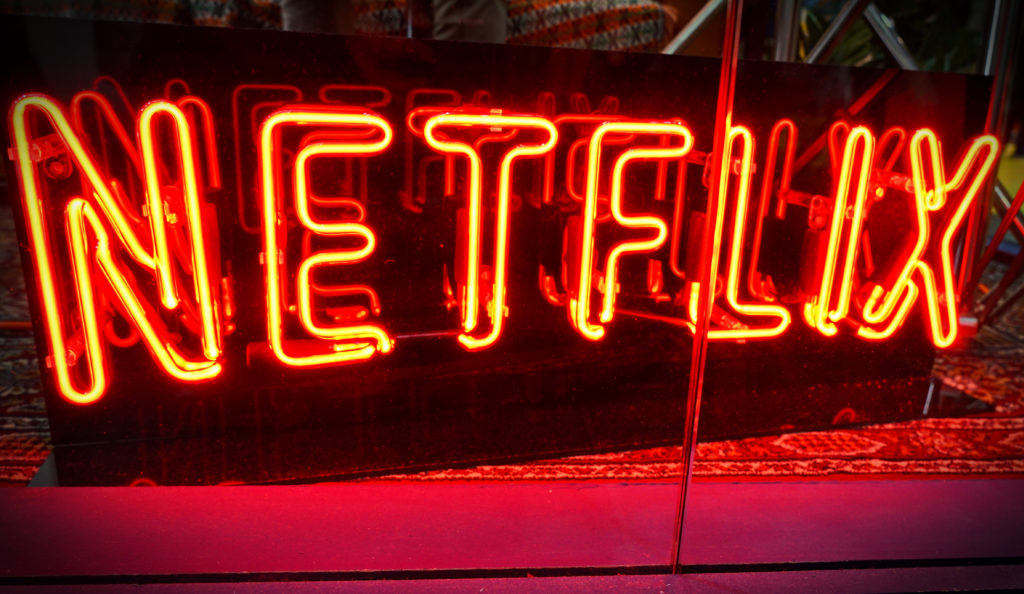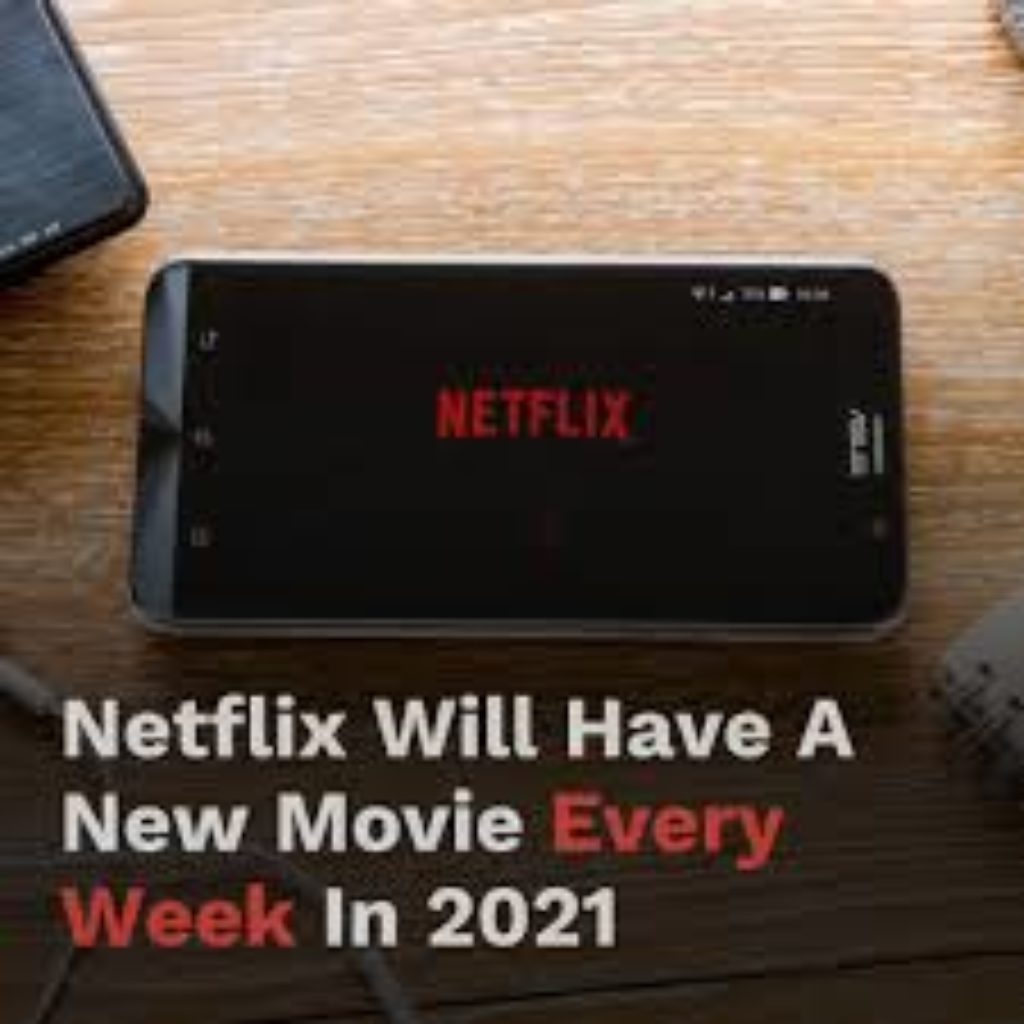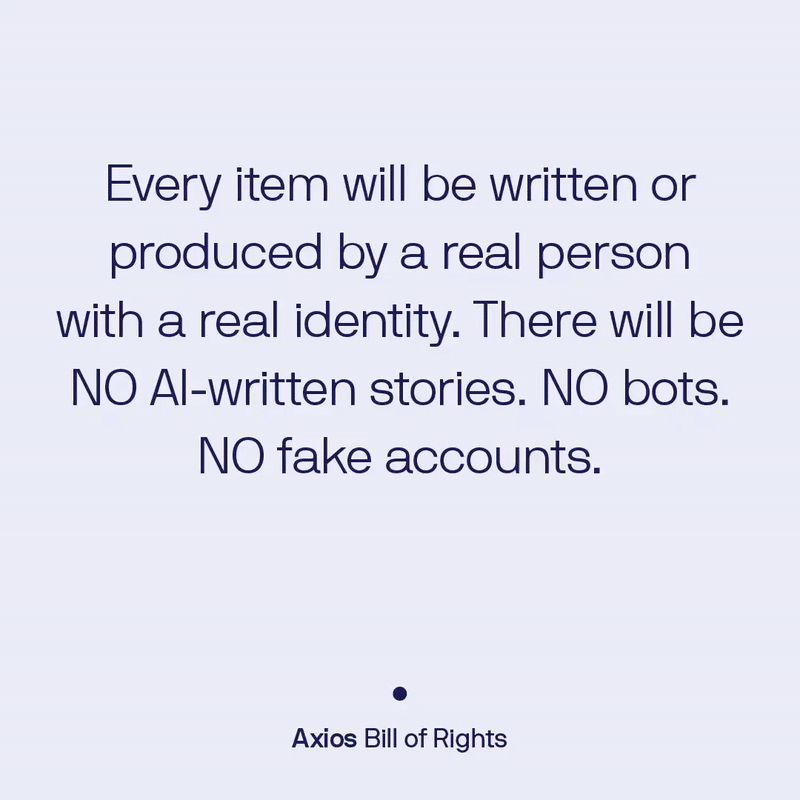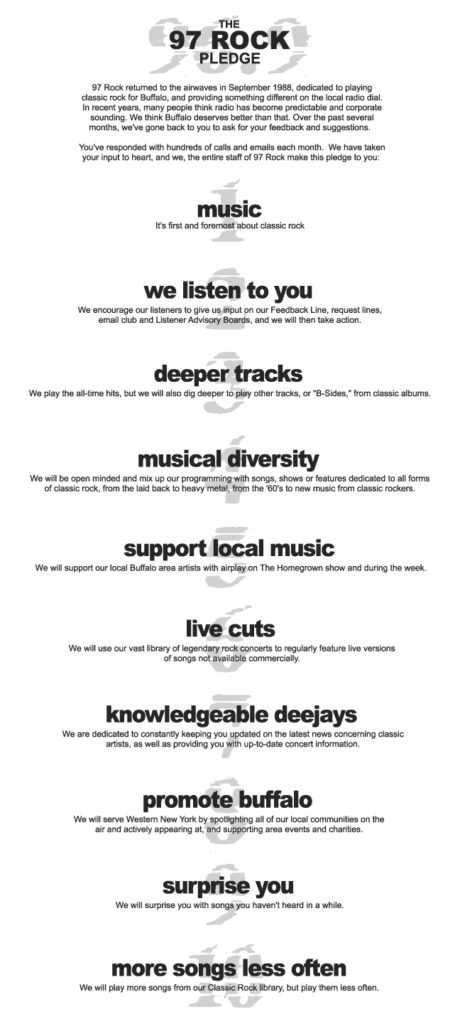
We’re all looking at 2021 as a time when we leave last year behind, and adopt new rules, new attitudes, and for many a new way of life.
There is much fear, excitement, reluctance, and hope all riding on this new year. One thing’s for sure: there will be much uncertainty.
And that means that consumers will be especially vigilant about the brands they interact and do business with. At a time when facts and truth have become squishy, companies and individuals that you can count on, that will do what they say they will do, and that can be trusted will have an advantage over everyone else.
We have come to become distrusting – of institutions, politics, the media, tech companies, and incessant promising. We feel let down, fueling anger and frustration.
So, who can you trust? And which brands will find a way to win us over, retain our business, or attract us away from a company we’ve been aligned with in the past?
One thing that appears to be a rising trend in 2021 – brands and institutions are making promises – let’s call them pledges – they want to make sure we embrace.
The incoming Biden/Harris administration has already teed up “100 million vaccinations in 100 days.” That may sound like a radio promotion, but in fact, is a promise of performance that will not be forgotten.
And the business world is following suit, as more brands etch their pledges in stone. Some are established, while others are still in the process of introducing themselves to us. The common thread is their desire to win us over with a policy and statement of purpose that resonates. The risk is whether they’re able to pull it off.
 Many media brands, in particular, are in need of “credibility rehab.” Others will try to separate themselves from the pack of competitors.
Many media brands, in particular, are in need of “credibility rehab.” Others will try to separate themselves from the pack of competitors.
The first example is a company with whom many of us have already done business with – Netflix. They have revolutionized subscriber-driven on-demand video streaming. By far, they are the most popular of these brands – despite more and more competition from seemingly everyone in the media and entertainment world.
In Techsurvey 2021 – in the field as I write this post – we will learn more about the new pecking order. Disney Plus and HBO Max will be jockeying for position, while Amazon Prime and Hulu will try to hold their shares.
But Netflix will almost certainly end up once again as the top dog in this ever-expanding category. The question is how do they maintain their lead – and even strengthen it?
In the streaming video world, variety, freshness, and new content are especially important to driving usage – and ultimately, word of mouth. We’ve all participated in the “So, what are you watching these days?” conversation with friends, family, and co-workers.
And Netflix has decided to double-down on new content. They’ve kicked off a promise to debut a new movie at least every week during 2021. The campaign leverages some of the biggest stars of TV and film to reinforce the pledge there’s always new stuff on Netflix.
week during 2021. The campaign leverages some of the biggest stars of TV and film to reinforce the pledge there’s always new stuff on Netflix.
While many of us are watching old movies and reruns on these platforms, video streaming brands know the currency is new things to watch.
In a story in The Verge by Julia Alexander, she reports this is the first time Netflix has ever pre-announced its new movie lineup – 70 movies in all.
Promotional packaging may have a lot to do with this tactic. It is plausible Netflix would have debuted at least 52 new movies this year anyway.
But by turning something standard into a unique, memorable pledge of performance, Netflix may have hit on a gimmick that is memorable and effective. And by staggering their release, the company ends up creating a promise that resonates with its subscribers.
And then there’s Axios, a relative newcomer on the news and information circuit. Launched in 2016, the news website has made its mark. It is concise, to the point, and easy to read.
The Axios editorial team is a frequent user of bullet points to tell its stories, accompanied by a key line or two that tells us “Why it matters.” Its regularly emails are easy to read, scroll through, absorb, and share with others.
Their newest initiative is local news (a shot across the old media bow), which is already off  the ground in five U.S. markets. It’s an ambitious reach, but Axios believes it can make headway, especially in markets where hometown TV and radio have reduced local news coverage, while newspapers continue being faced with extinction.
the ground in five U.S. markets. It’s an ambitious reach, but Axios believes it can make headway, especially in markets where hometown TV and radio have reduced local news coverage, while newspapers continue being faced with extinction.
Without a doubt, “Axios Local” is a bold initiative for the fledgling news organization. And to ensure it grabs attention and is “sticky,” the brand recently launched a “Bill of Rights.”
It covers a lot of ground – editorial policy (no opinion section), news gathering (not bots or AI story writing), audience inclusion, and even a promise to “provide free access to the majority of our content.”
In a world with more and more paywalls and subscription fees, this last pledge is a key that will likely garner attention.
According to Nieman Lab’s Sarah Scire, this statement of purpose was not created in a vacuum. Instead, Axios staffers were able to provide input and feedback before the entire pledge became public.
Axios’ “Bill of Rights” conveniently rotates below:

You may be wondering if a local radio station could pull something like this off.
In actuality, several already have. In the early 2000s, we urged some of our best clients to package up some of their best policies into pledges of performance.
A number followed through, taking inventory of what they already did well, while assessing what they could do to stand apart from the pack.
Among them, Buffalo’s 97Rock. Their pledge was launched in 2004, posted on their website, and promoted (one pledge at a time) on their air.
Programmer extraordinaire John Hager was running the place in those days. He embraced this idea of accountability, especially because he was in charge back in 1988 when the station was “resurrected,” accompanied by a set of promises.
In fact, John is still programming WGRF today, a 32-year run that has been consistently successful book after book, year after year, and owner after owner.
Looking back over 97Rock’s pledge, most of these promises resonate with the audience of today – especially Classic Rock fans.
They were based on understanding of the market, audience knowledge, and 97Rock’s DNA. The station conducted focus and L.A.B. groups on a regular enough basis to have a strong sense of what would “print” with its audience. And as a native Buffalonian himself, Hager and his teams have always had a great sense for what matters.
Brand trust isn’t a commodity you can buy – it has to be earned. And in most cases, it is a value that has credibility only when demonstrated over time.
These days, confidence in institutions has been shaken to the core. That means fewer and fewer brands will enjoy the trust of its users (note I didn’t call them “fans”).
Will your radio station be one of them?
Netflix’s promo video for their “new movie every week of 2021” is below:
- What To Do If Your Radio Station Goes Through A Midlife Crisis - April 25, 2025
- A 2020 Lesson?It Could All Be Gone In A Flash - April 24, 2025
- How AI Can Give Radio Personalities More…PERSONALITY - April 23, 2025




Leave a Reply